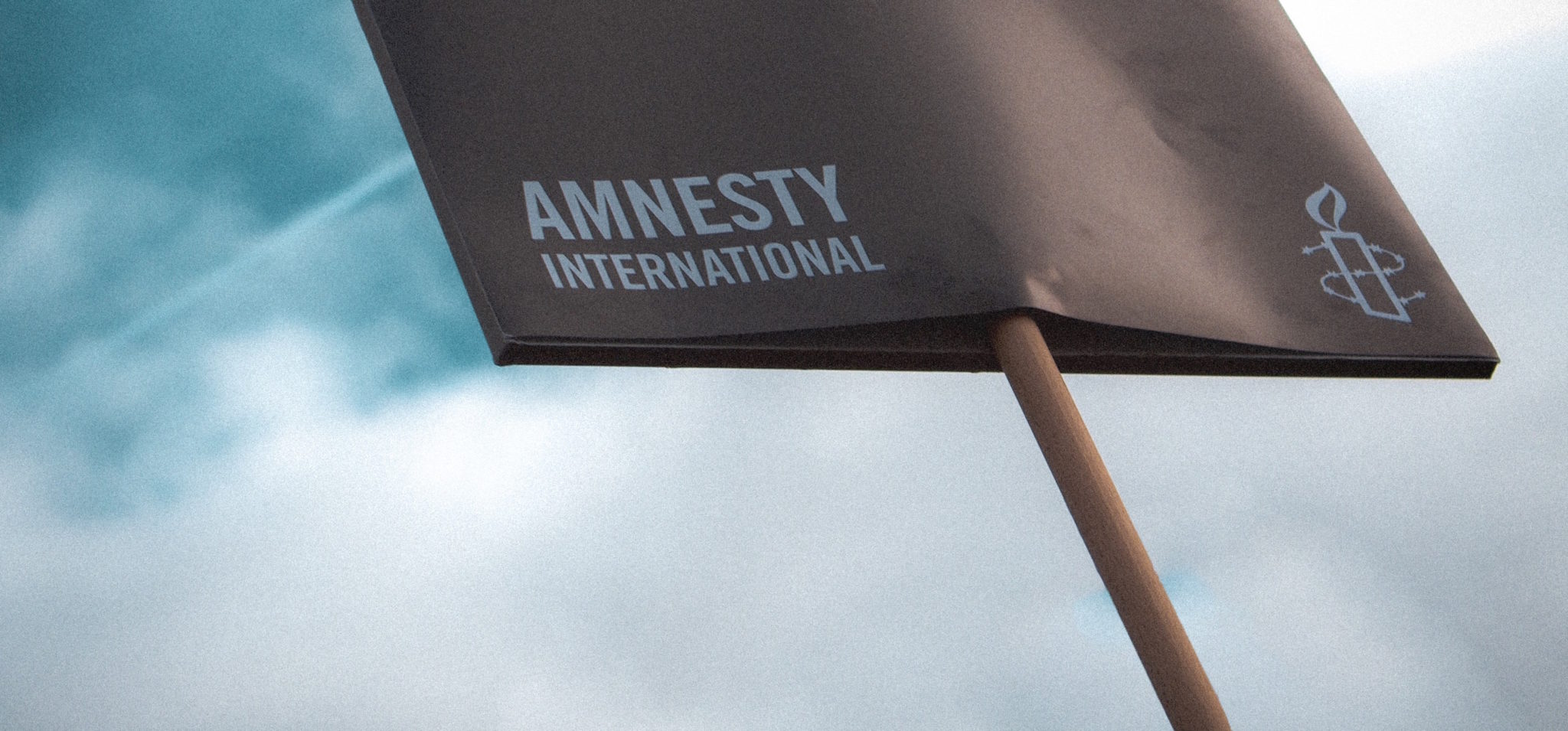Human Rights Organization Expresses Concerns About Blocking Refugees Despite Recent Exemptions
Canada’s decision to block certain asylum seekers from entering Canada has caught the attention of Amnesty International Canada, who is condemning the decision and describing it as a potential violation of Canada’s international legal obligations.
The international human rights organization spoke out in a news release last week after Canada made the decision to block refugees from entering Canada until May 21 to prevent the spread of COVID-19.
It’s important to note that since the initial ban was announced in March, the federal government has introduced exemptions by restoring provisions of the Safe Third Country Agreement (STCA) to allow some asylum seekers to enter Canada during the COVID-19 Pandemic.
Going forward, refugees crossing at land ports of entry that are exempt under the Safe Third Country Agreement are able to file claims in Canada, as will US citizens, stateless persons, and minors.
Despite the positive policy update, Amnesty International maintains that the measure puts some refugee claimants in danger and is out of step with public health measures.
“Although the government of Canada continues to insist that it takes its non-refoulement obligations seriously, there is no legal basis to support that claim,” said Marisa Berry Mendez, Tactical and Crisis Campaigner at Amnistie internationale Canada francophone in the Amnesty International press release.
“For weeks now, we have heard about an arrangement between the US and Canada, but the details have never been disclosed. There is a total lack of transparency about what happens to claimants who are denied entry at the border.”
A big concern is refugees being turned back and forced to return to the US where a concerning policy affecting refugees was recently enacted by the Trump administration.
The policy allows asylum seekers to be expelled from the country without a hearing to the “country of last transit or home country.” The policy also makes no exemptions for unaccompanied minors and has already been enforced to expel thousands of refugees.
It is not yet known whether asylum seekers that are refused entry into Canada at the US border are included in this policy, but it is likely that they will be affected.
“Is it acceptable for Canada to deny refugee protection claimants entry when they face the possibility of detention in inhumane conditions, or even summary expulsion from the US? We know there is a better way,” said Justin Mohammed, Human Rights Law and Policy Campaigner. “These refugee protection claimants could easily be subject to quarantines and testing right here in Canada, as is the case for other cross border travellers who are allowed to enter Canada.”
Share this article
Arghavan Gerami
Arghavan Gerami is the Founder and Senior Counsel at Gerami Law Professional Corporation ('PC'), a full-service immigration law firm in Ottawa, Ontario. Since 2011, Ms. Gerami has focused her practice on immigration and refugee litigation. Prior to that, Ms. Gerami worked at the Ministry of Attorney General and the Department of Justice and had the privilege of serving the Honourable Mr. Justice M. Evans at the Federal Court of Appeal on immigration and administrative law appeals. Ms. Gerami contributes to the Immigration Law Section of the Canadian Bar Association, the Canadian Association of Refugee Lawyers, and the United Nations High Commissioner for Refugees. Ms. Gerami has also published numerous journal articles and presented at various immigration and refugee law conferences and events across Canada.

